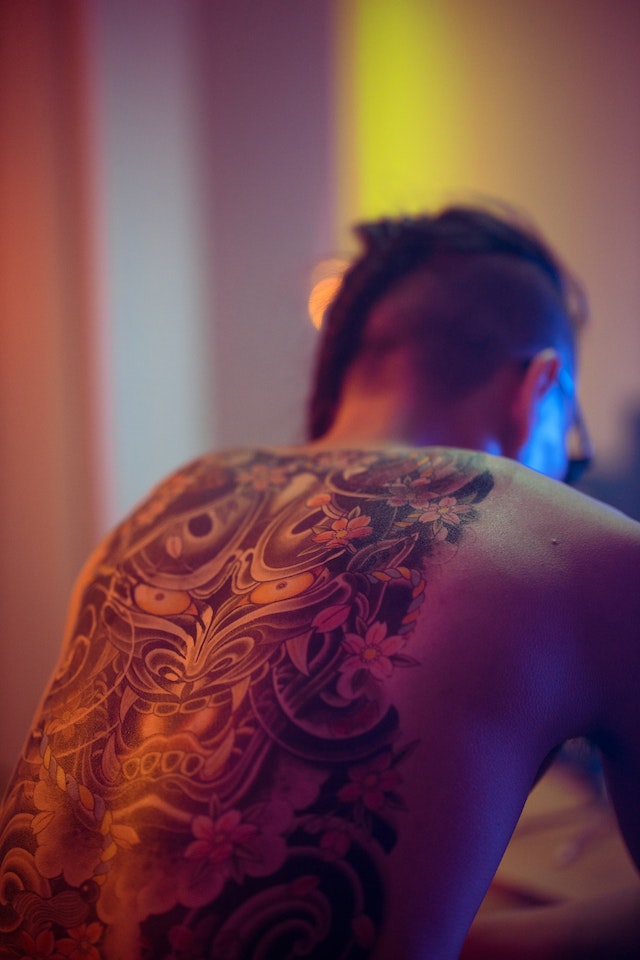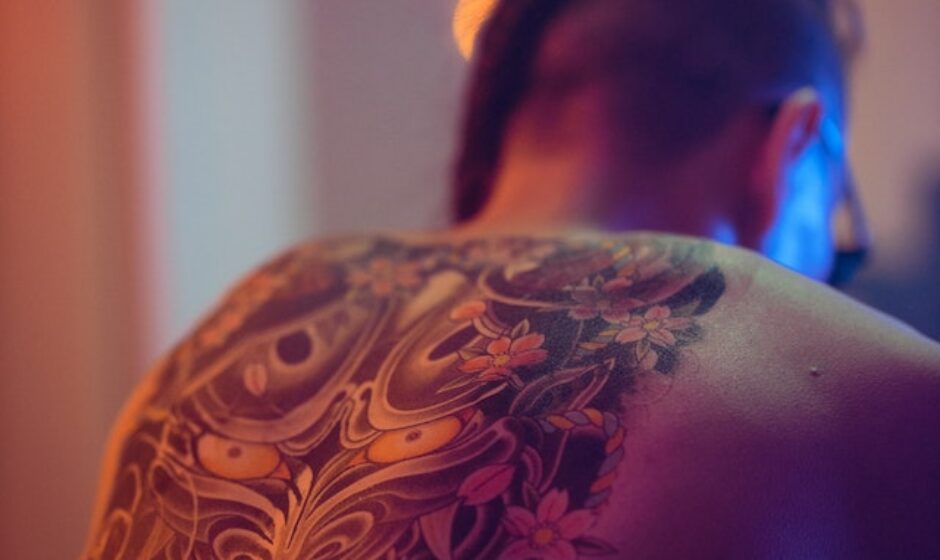The Taboo of Tattoos in Japan have a rich and diverse history around the world, serving as symbols of culture, identity, and self-expression. However, in Japan, the perception of tattoos is a complex and often misunderstood topic. For centuries, tattoos have been stigmatized and associated with criminality and rebellion. In this article, we will delve into the intriguing world of tattoos in Japan, exploring their historical context, the evolving attitudes towards them, and their place in contemporary Japanese society.

A Historical Perspective
The roots of Japan’s tattoo taboo can be traced back to the Edo period (1603-1868) when tattoos were used as a form of punishment for criminals, marking them for their transgressions. This practice was known as “irezumi” and was a means of public humiliation and identification. Consequently, tattoos became synonymous with the underworld, symbolizing a life of crime.
The Yakuza Connection
The Yakuza, Japan’s notorious organized crime syndicate, further entrenched the association between tattoos and criminality. For generations, Yakuza members have adorned themselves with intricate and highly visible tattoos that tell the story of their criminal careers. These tattoos, often referred to as “irezumi,” serve as a badge of honor within the organization and a visible sign of their lifelong commitment to the Yakuza lifestyle.
Due to the Yakuza’s strong influence in Japan, society at large has come to view tattoos with suspicion. This connection between tattoos and criminality has persisted, making it challenging for individuals with tattoos to escape judgment and stereotypes.
Changing Attitudes
In recent years, Japan’s stance on tattoos has started to shift, albeit gradually. The catalyst for change can be attributed to various factors, including increased exposure to Western culture and a growing global fascination with tattoos as an art form.
The 2020 Tokyo Olympics played a significant role in bringing this shift to the forefront. The event showcased the diversity of athletes from around the world, many of whom proudly displayed their tattoos. The visibility of tattooed athletes challenged Japan’s traditional perceptions and ignited a public discussion about the role of tattoos in modern society.
Furthermore, a younger generation of Japanese citizens is increasingly open to accepting tattoos as a form of self-expression. This generational shift is reflected in the proliferation of tattoo studios across major Japanese cities and a growing interest in tattoo artistry as a legitimate profession.
Navigating the Stigma
Despite changing attitudes, the stigma surrounding tattoos still lingers in many aspects of Japanese life. For example, public bathhouses, known as “onsen” or “sentō,” often prohibit individuals with visible tattoos from entering due to the historical association with the Yakuza.
Likewise, some workplaces maintain strict dress codes that require employees to conceal their tattoos, contributing to the ongoing social stigma.
Many individuals with tattoos in Japan find themselves at a crossroads, torn between their desire for self-expression and the need to conform to societal norms. As a result, some choose to have their tattoos placed in less visible areas, such as the back or thighs, to maintain a balance between personal expression and societal expectations.
Tattoos in Japan have a long and complex history, deeply rooted in societal perceptions of criminality and rebellion. While changing attitudes and a younger, more open-minded generation are slowly reshaping these views, the stigma around tattoos still persists in certain aspects of Japanese society.
As Japan continues to evolve and open itself up to global influences, the taboo surrounding tattoos may continue to diminish. However, it is essential to remember that cultural shifts take time. The interplay between tradition and modernity creates a fascinating tension that will continue to shape Japan’s relationship with tattoos in the years to come.


